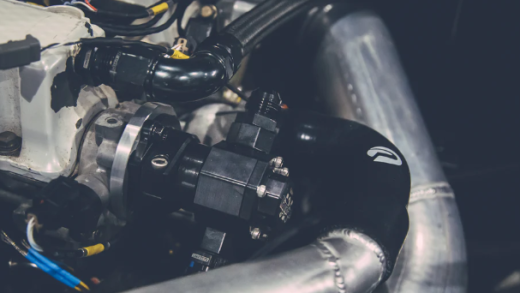In recent years, the concept of smart homes has gained significant traction, promising improved comfort, convenience, and security for homeowners. However, one crucial aspect that often goes unnoticed is the energy efficiency potential of these technologically advanced dwellings. In this blog post, we will delve into the realm of smart homes and explore just how energy-efficient they truly are.
1. The Foundation of Energy Efficiency in Smart Homes:
To comprehend the energy efficiency of smart homes, it is essential to understand the underlying technologies that enable them. From intelligent thermostats and lighting systems to automated appliances and energy monitoring devices, these technologies form the foundation of energy management in smart homes.
2. Optimizing Heating, Ventilation, and Air Conditioning (HVAC) Systems:
HVAC systems are one of the primary energy consumers in any household. Smart homes leverage advanced sensors, machine learning algorithms, and occupancy detection to optimize HVAC usage. By automatically adjusting temperature settings based on occupancy and weather conditions, smart homes can significantly reduce energy wastage.
3. Intelligent Lighting Solutions:
Traditional lighting systems are notorious for their energy inefficiency. However, smart homes integrate energy-efficient LED bulbs with motion sensors, timers, and remote controls. These features allow homeowners to effortlessly manage lighting usage, ensuring lights are only active when needed, thereby reducing energy consumption.
4. Energy Monitoring and Management:
Smart homes empower homeowners with real-time energy monitoring and management tools. By providing detailed insights into energy consumption patterns, these systems enable users to identify energy-intensive devices and modify their usage accordingly. Additionally, some smart homes even offer integration with renewable energy sources, such as solar panels, further enhancing their energy efficiency.
5. Integration of Renewable Energy Sources:
As the world increasingly embraces renewable energy, smart homes are at the forefront of this transition. By integrating solar panels, wind turbines, or geothermal systems, smart homes can generate their electricity, reducing reliance on the grid. This integration not only enhances energy efficiency but also contributes to a greener and more sustainable future.
6. The Role of Artificial Intelligence (AI):
Artificial Intelligence plays a pivotal role in optimizing energy efficiency in smart homes. AI algorithms analyze vast amounts of data, including weather forecasts, occupancy patterns, and energy consumption trends, to make intelligent decisions regarding energy usage. This dynamic optimization ensures that energy is utilized efficiently, minimizing waste and reducing costs.
Conclusion:
Smart homes have emerged as a beacon of energy efficiency, revolutionizing the way we consume and manage energy in our households. Through the integration of advanced technologies, such as intelligent HVAC systems, energy monitoring tools, and renewable energy sources, smart homes offer immense potential for reducing energy consumption and carbon footprint. Embracing the era of smart homes not only enhances our comfort and convenience but also contributes to a sustainable future for generations to come.
Note: The content provided is based on general knowledge and research. It is advisable to consult professionals or experts in the field for specific and up-to-date information.


